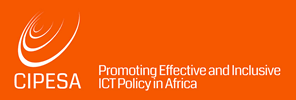Articles by Collaboration on International ICT Policy for East and Southern Africa (CIPESA)
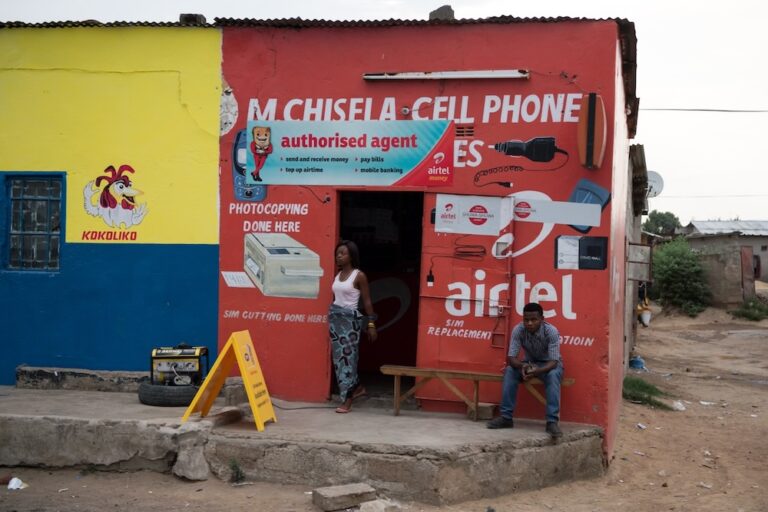
Zambia’s new cyber laws spark fears of surveillance
Despite sustained pushback from civil society and digital rights groups, Zambia has enacted sweeping cyber laws that threaten fundamental freedoms under the guise of countering terrorism and cybercrime.
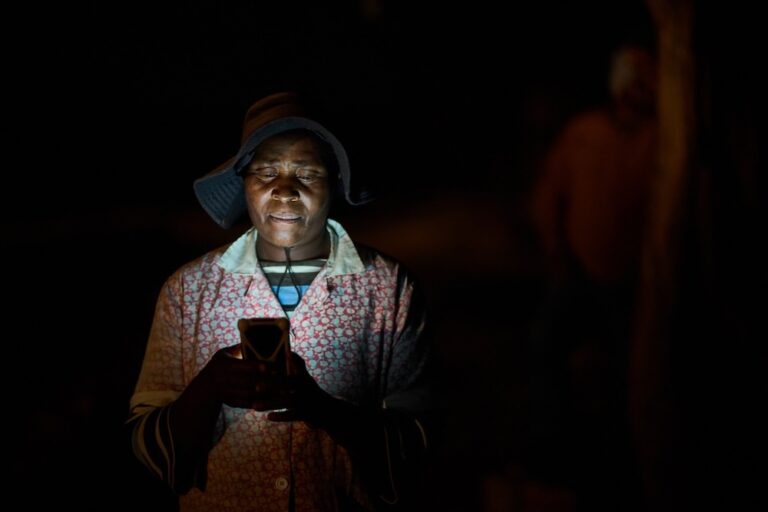
Growing online gender-based violence highlights need for stronger protections
As the use of technology rises, so does the prevalence of online abuse against women, spotlighting the need for urgent interventions like the implementation of ACHPR Resolution 522.
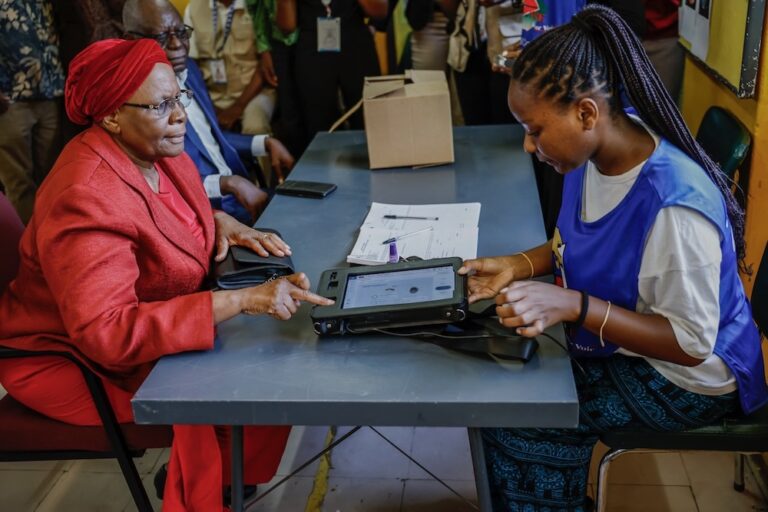
Surveillance in Africa threatens privacy and data protection rights
The Digital Rights Alliance Africa network hosted a learning session focused on protecting digital civic space for HRDs, activists and journalists under threat from governments & private companies.

Uganda encouraged to foster ethical and accountable AI ecosystem
Uganda’s growing use of AI highlights the urgent need for a comprehensive national framework to protect citizens’ digital rights.

Zambia’s proposed cyber laws facilitate suppression of civil liberties
Zambia’s proposed Cyber Security Bill, 2024, and Cyber Crimes Bill, 2024 risk exacerbating the shortcomings of the 2021 law by introducing more regressive provisions.

CIPESA trains civil society on mainstreaming persons with disabilities
Training undertaken on digital rights focuses on getting advocates to understand and appreciate the intersectionality between disability, technology, and human rights.
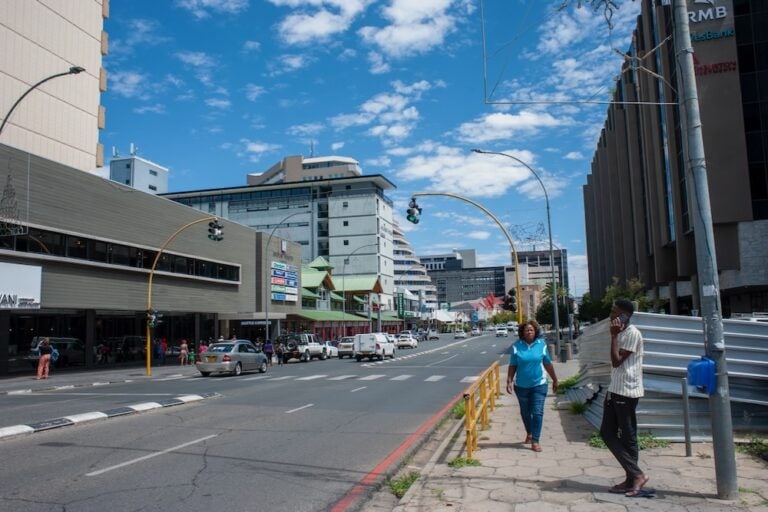
Benefit of AU data policy relies on harmonised legal frameworks
A study by CIPESA outlines how the limitations of the AU data policy framework could hinder economic development in the southern African region.
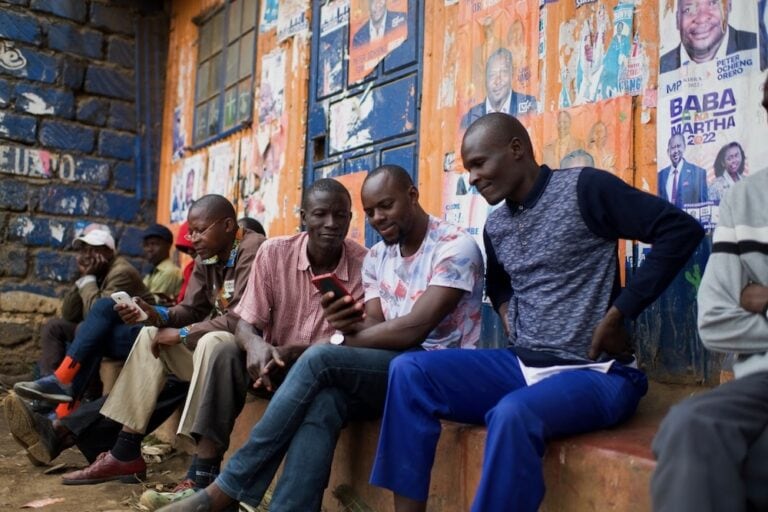
Africa’s persistent digital divide deepens political inequities
CIPESA’s 2024 State of Internet Freedom in Africa report examines the interplay between technology and elections.
